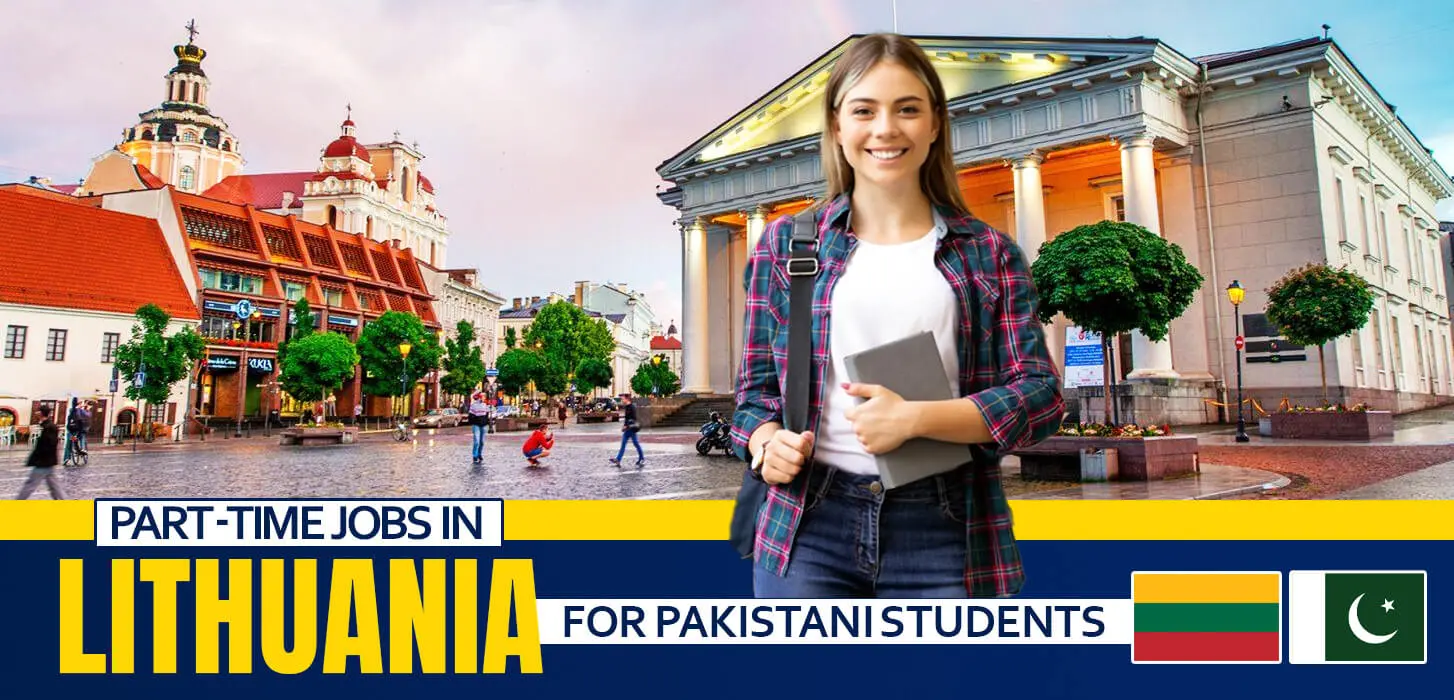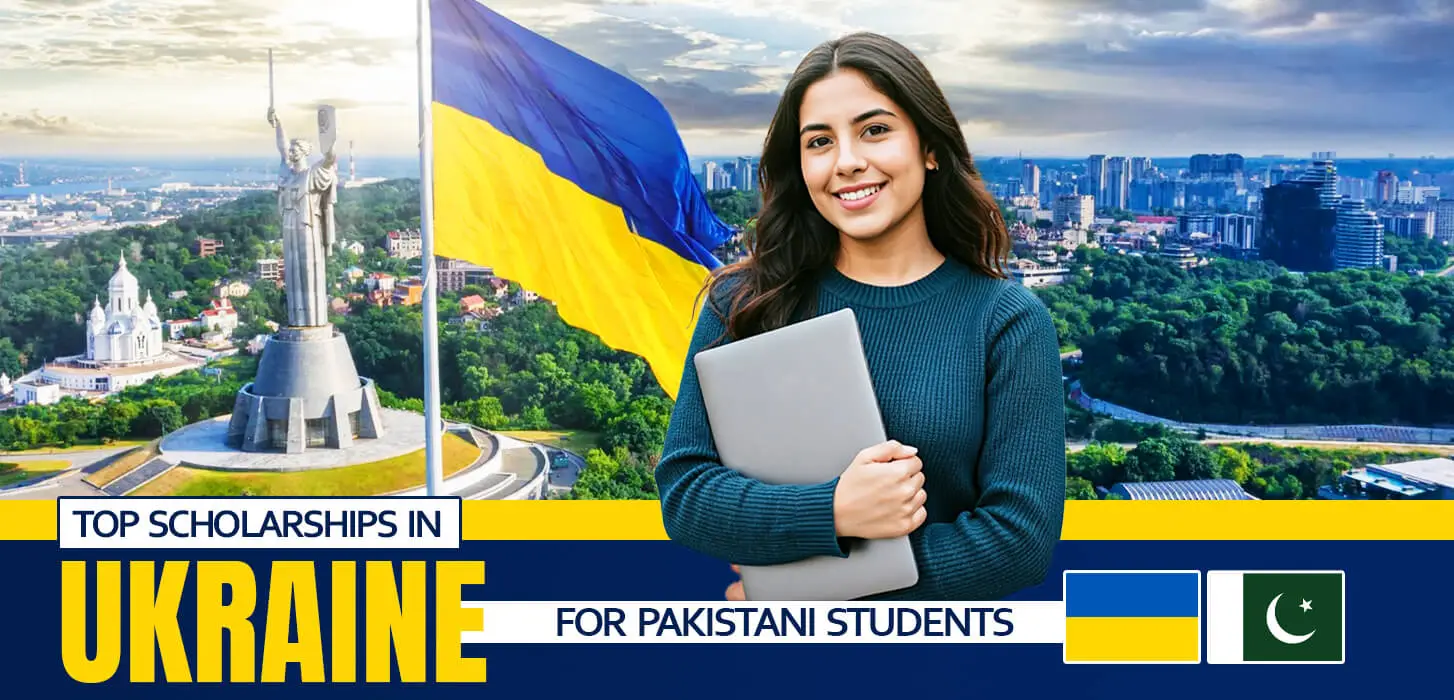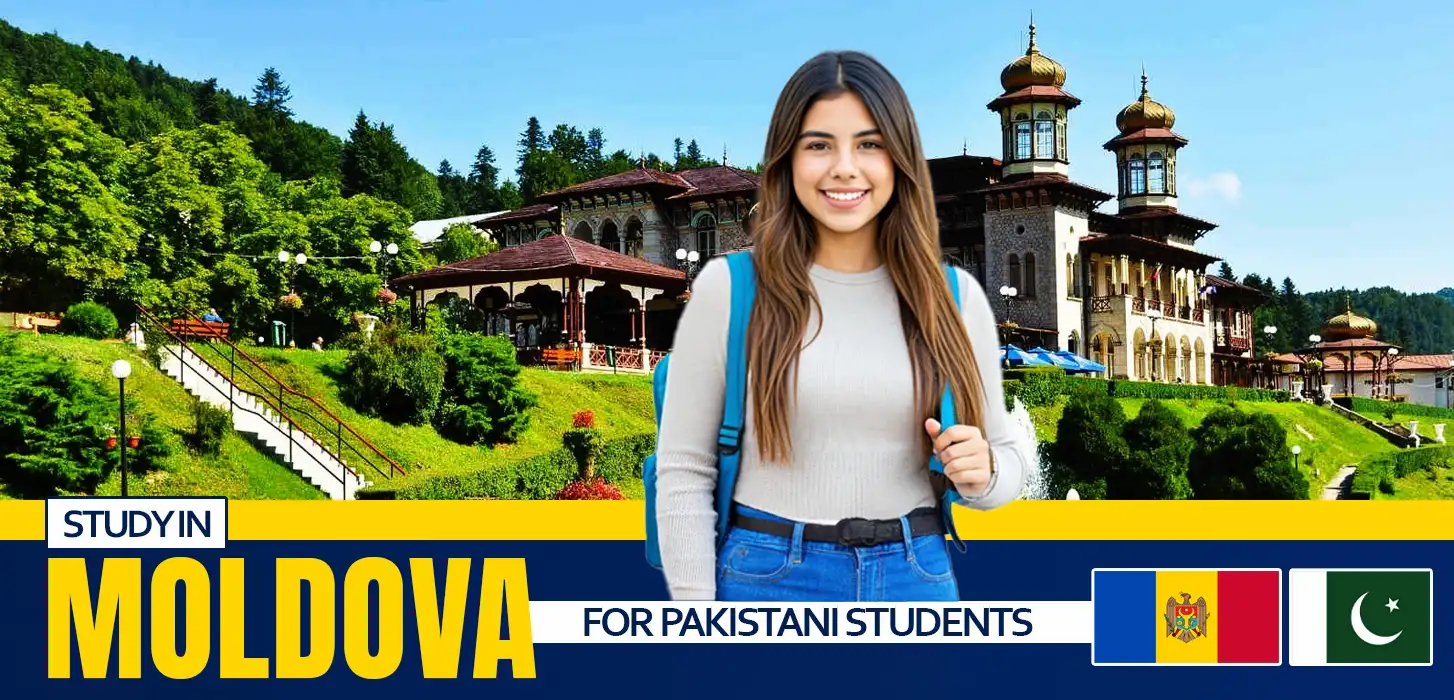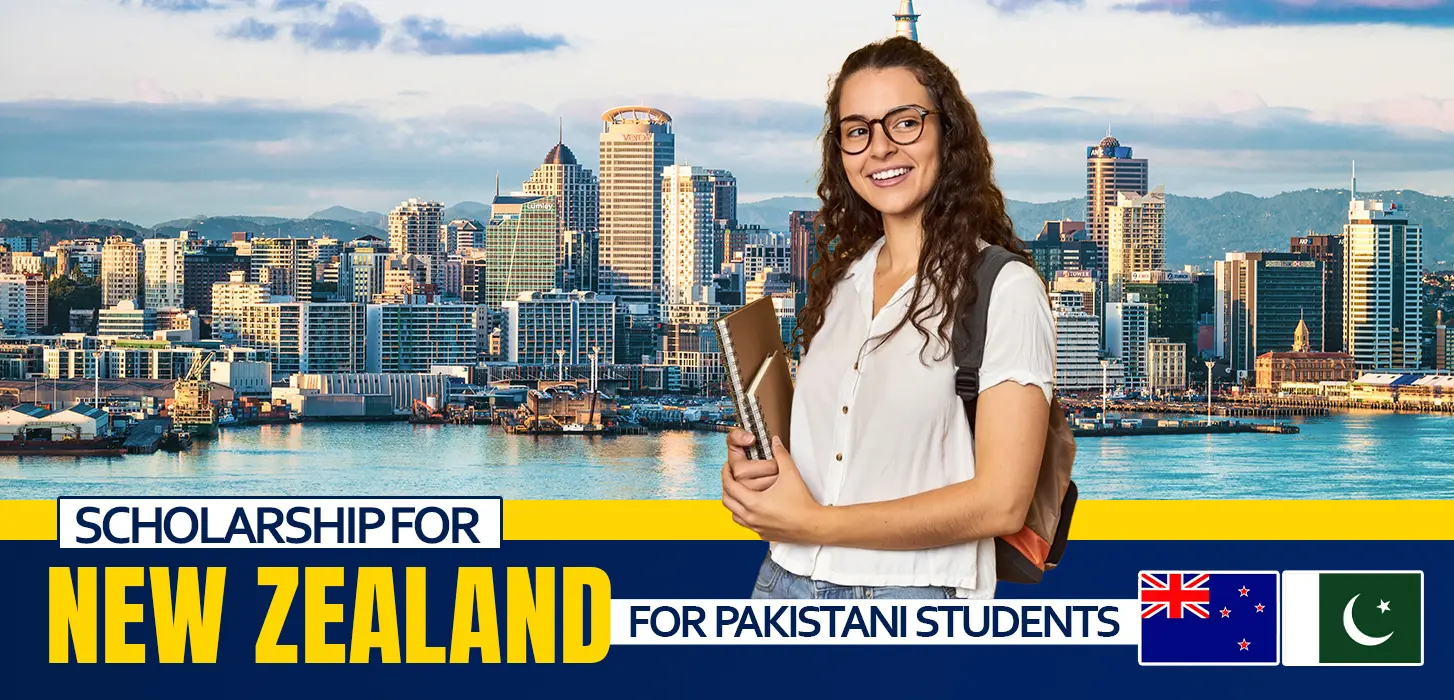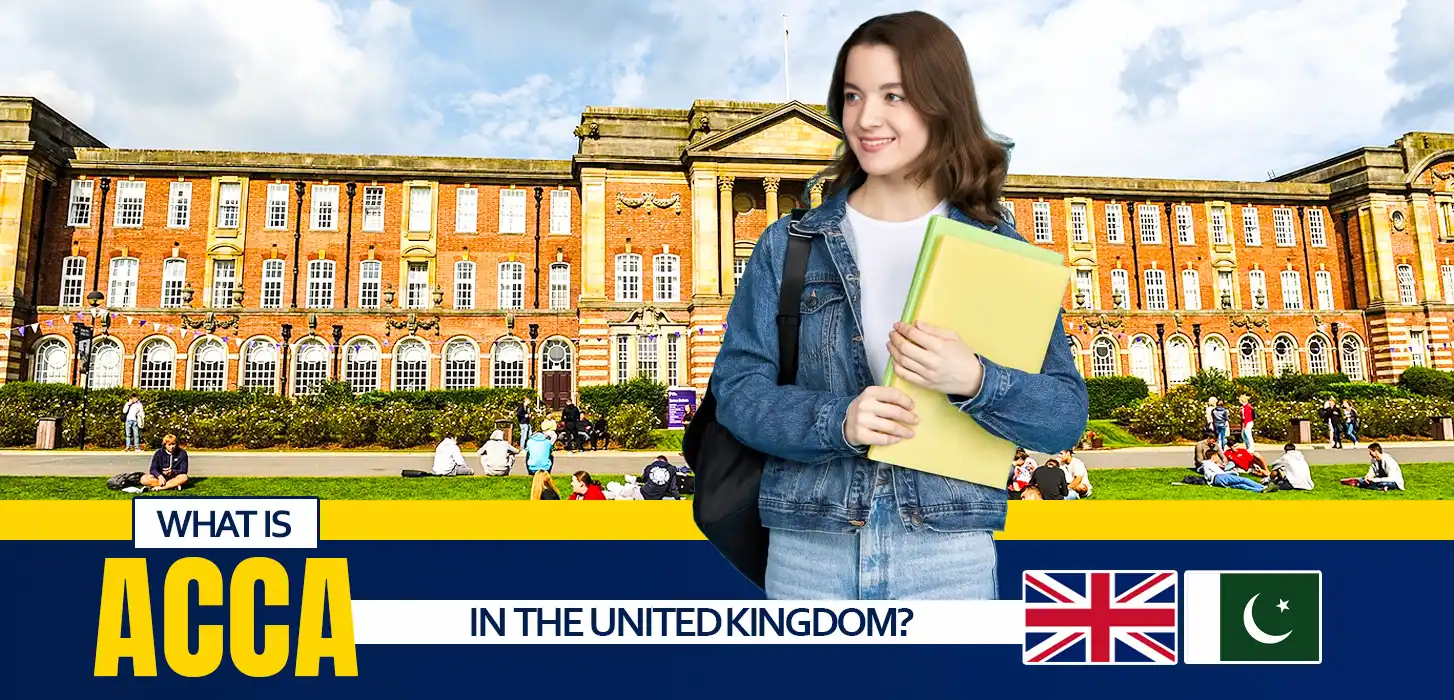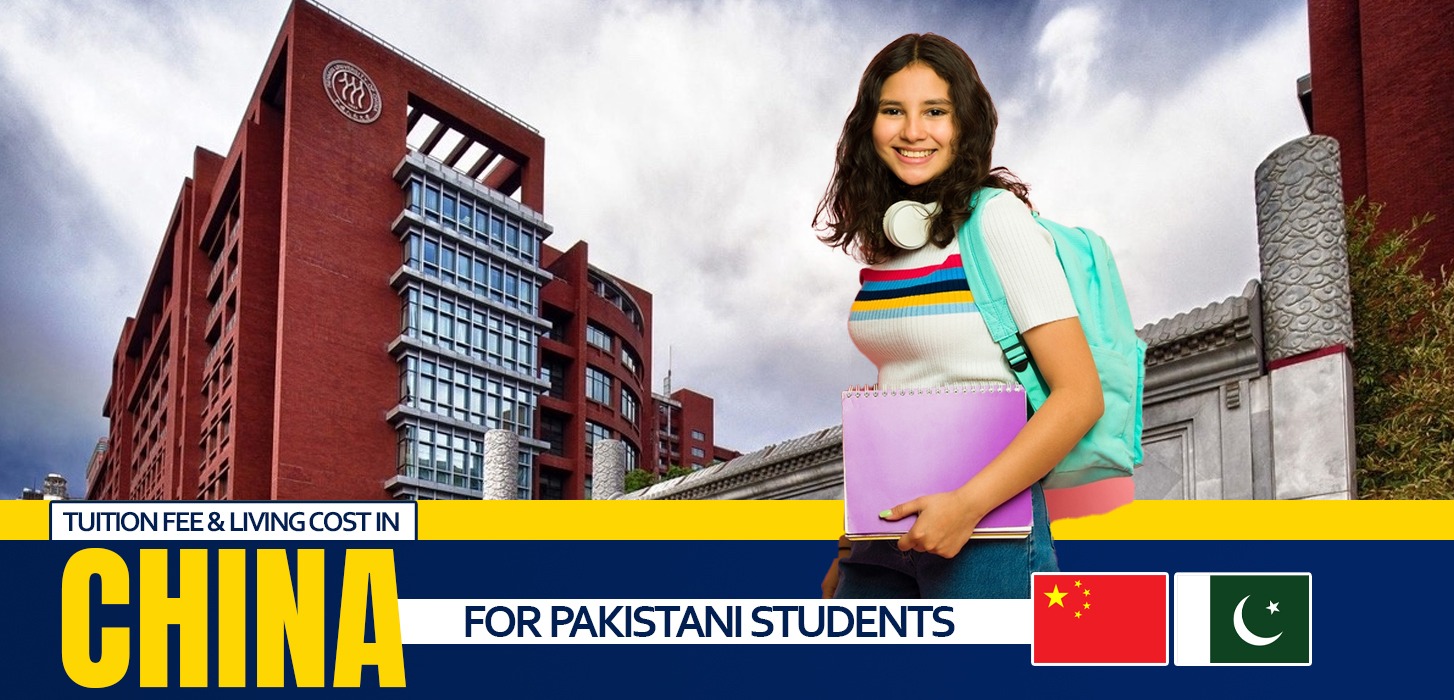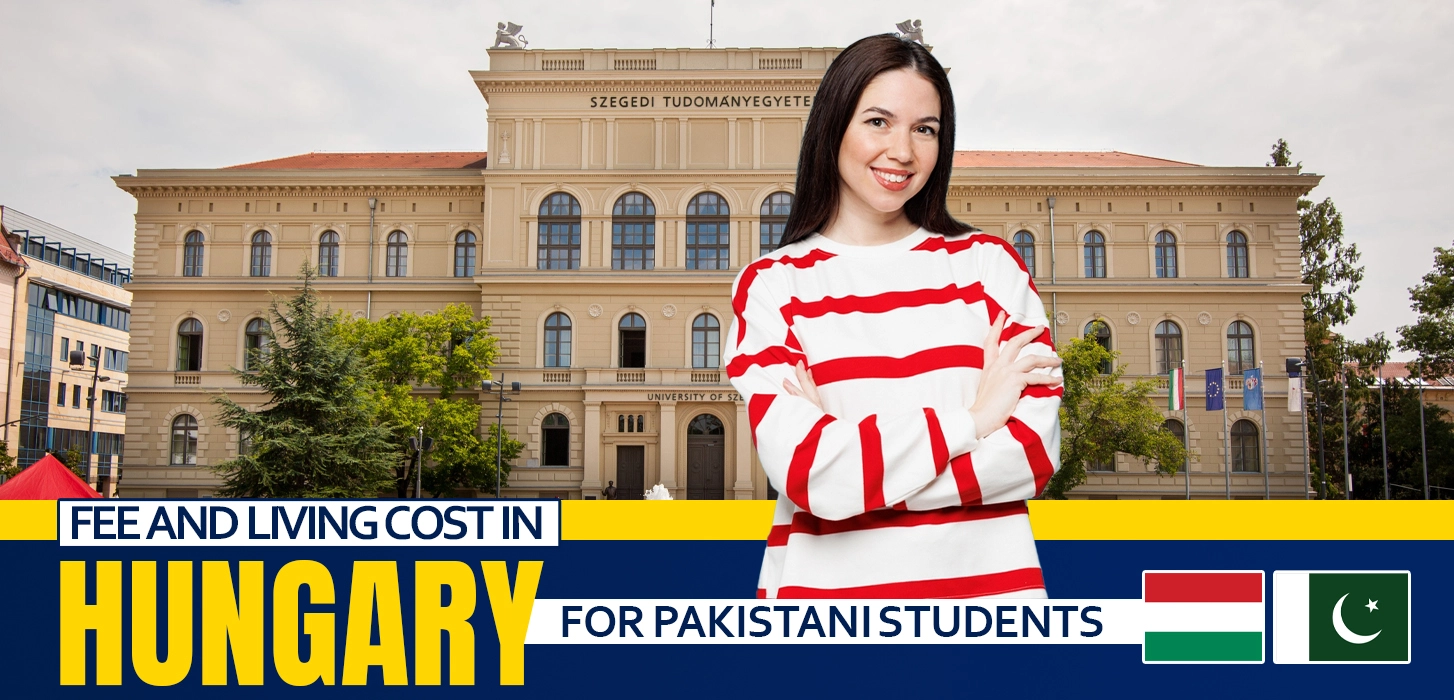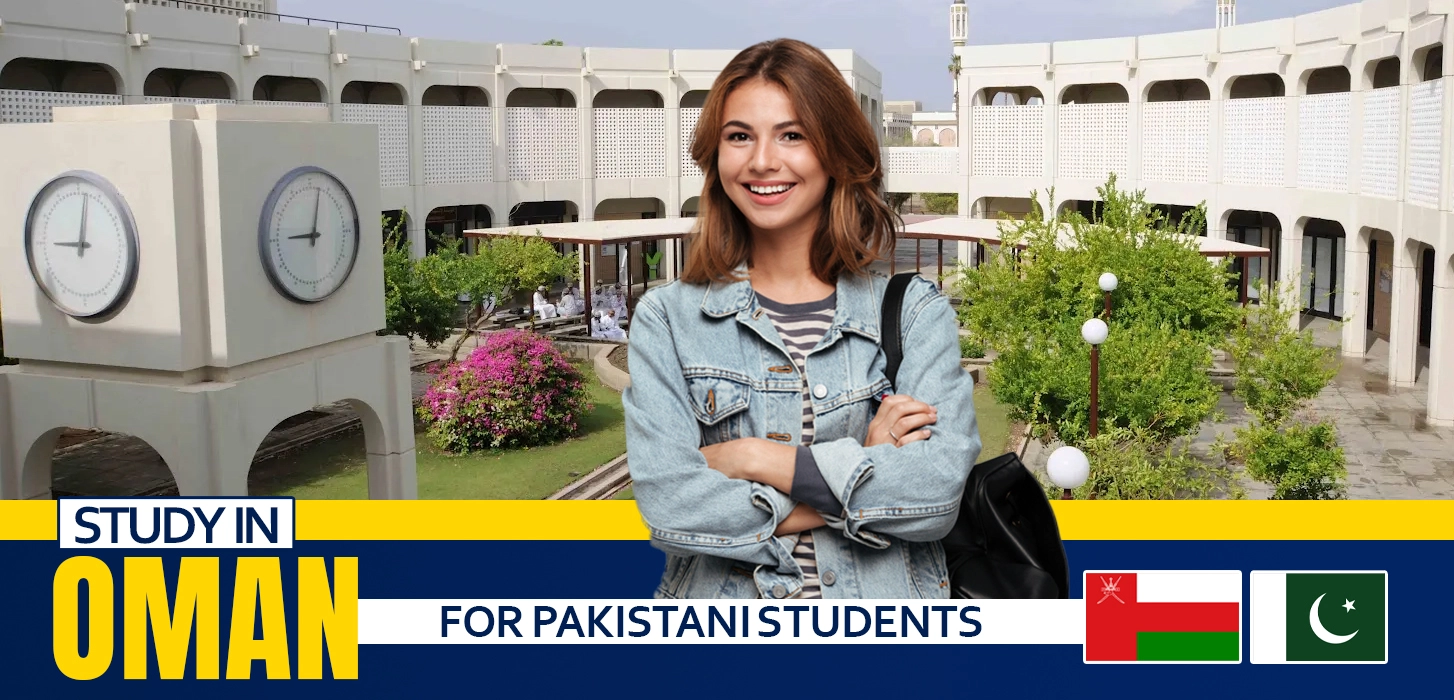
Study MBBS in Norway for Pakistani Students | Tuition Fee | Eligibility Criteria | Norway Visa Guide | Scholarships In Norway
Norway, renowned for its high-quality education system and breathtaking natural landscapes, offers a unique opportunity for international students aspiring to study medicine. With a commitment to innovation in healthcare and a strong emphasis on research, Norwegian universities provide a conducive environment for future medical professionals to thrive. Here’s what you need to know about pursuing a medical degree in Norway as an international student.
Location and Geography | Norway is located in Northern Europe, known for its stunning fjords, mountains, and northern lights. It shares borders with Sweden, Finland, and Russia. |
Education System | Norway offers a high-quality education system with a strong emphasis on research and practical learning. Universities are known for their innovative approach to teaching and academic freedom. |
Culture and Lifestyle | Norwegian culture values equality, nature, and outdoor activities. The lifestyle is typically relaxed, with a strong focus on work-life balance and environmental sustainability. |
Best Cities for Students | Oslo (the capital), Bergen, Trondheim, and Tromsø are popular cities for students, offering vibrant cultural scenes, academic institutions, and outdoor recreational opportunities. |
Currency | Norwegian Krone (NOK) is the currency used in Norway. |
Tuition Fees | Public universities in Norway do not charge tuition fees for international students, regardless of nationality. Some private institutions may charge fees. |
Official languages | Norwegian (Bokmål and Nynorsk) is the official language. English is widely spoken and used in higher education. |
Language of Instruction | Most undergraduate and graduate programs are offered in Norwegian, but many programs at the master’s level and above are taught in English. |
Admission Intakes | Universities in Norway typically have two main admission intakes: autumn (August) and spring (January/February). |
Average Hostel Fees | Hostel accommodation in Norway ranges from NOK 3000 to NOK 6000 per month, depending on location and facilities. |
Living Costs | Average living costs for students are approximately NOK 12,000 to NOK 15,000 per month, including accommodation, food, transport, and leisure activities. |
IELTS Requirement | Most universities require a minimum IELTS score of 6.0 to 6.5 for undergraduate programs and 6.5 to 7.0 for graduate programs. |
Time for Study Visa Process | around 3 to 6 weeks |
Visa Success Ratio | high visa success ratio for international students |
University Application Fee | Many universities in Norway do not charge application fees, but some may have nominal fees for processing applications. |

Norwegian universities are globally recognized for their cutting-edge research facilities and progressive approach to medical education. The curriculum is designed to integrate theoretical knowledge with practical training, ensuring students gain hands-on experience from early stages of their education. This approach not only prepares students for clinical practice but also fosters critical thinking and problem-solving skills essential in the medical field.
Academic Excellence and Research Opportunities
Studying medicine in Norway means being part of a vibrant academic community that values excellence. Universities collaborate closely with hospitals and healthcare institutions, providing students with ample opportunities to engage in research projects and clinical placements. This exposure allows students to apply classroom learning to real-world medical scenarios, enhancing their understanding and skills.
Multicultural Environment and Supportive Community
Norwegian universities welcome students from diverse cultural backgrounds, fostering a multicultural environment that enriches the learning experience. Support services, including language courses and orientation programs, are available to help international students adjust to life in Norway and succeed academically. The student community is vibrant and inclusive, offering numerous extracurricular activities and events to participate in.
In Norway, the study of medicine is primarily offered at the following universities:
University Name | Programs Offered | Unique Features,Highlights and Approaches |
University of Oslo (UiO) | Offers a comprehensive medical program known as the Integrated Master’s Program in Medicine. | Focuses on research-based education with clinical training. – Located in Oslo, the capital city. |
University of Bergen (UiB) | Provides a medical program that integrates theory, clinical practice, and research. | Known for its strong focus on public health and global health issues. – Located in Bergen, a picturesque city on the west coast of Norway. |
Norwegian University of Science and Technology (NTNU) | Offers a medical program with a multidisciplinary approach and strong emphasis on technology in healthcare. | Located in Trondheim, a city known for its technological innovation and academic excellence. |
University of Tromsø – The Arctic University of Norway (UiT) | Provides a medical program that includes Arctic Medicine and Public Health. – Offers unique opportunities for research and clinical training in a diverse environment. | Located in Tromsø, a vibrant city in northern Norway known for its cultural diversity and Arctic research. |
To apply for a medical degree in Norway, international students typically need to meet specific academic and language proficiency requirements. While exact requirements may vary between universities, applicants are generally required to submit academic transcripts, proof of language proficiency (often English or Norwegian), letters of recommendation, and a personal statement outlining their motivation to study medicine.

In Norway, education at public universities is tuition-free for all students, including international students. However, students are responsible for covering living expenses such as accommodation, food, and other personal costs. Various scholarships and financial aid options are available for international students to help offset living expenses, making studying in Norway more accessible.
A medical degree from Norway is highly regarded internationally, opening doors to a wide range of career opportunities worldwide. Graduates are well-prepared to pursue careers in various specialties, healthcare management, research, and academia. The practical skills and theoretical knowledge gained during their education equip them to tackle global health challenges and contribute meaningfully to healthcare systems worldwide.
Studying medicine in Norway offers international students a unique opportunity to receive a world-class education in a progressive and supportive environment. From academic excellence and research opportunities to a multicultural community and career prospects, Norway provides all the essential ingredients for a successful medical career. If you are passionate about medicine and seeking a transformative educational experience, consider Norway as your destination of choice.
Latest Post
Lithuania has become an attractive destination for Pakistani students seeking...
Many Pakistani students dream of studying abroad but are often...
According to the Ministry of Education and Research report, In...
Pursuing higher education in New Zealand is a top destination...
The UK has always been a student-preferred destination for gaining...
Understanding the tuition fee & living cost in China is...
Hungary is an increasingly popular choice for Pakistani students pursuing...
Studying in Oman is an excellent opportunity for Pakistani students...

